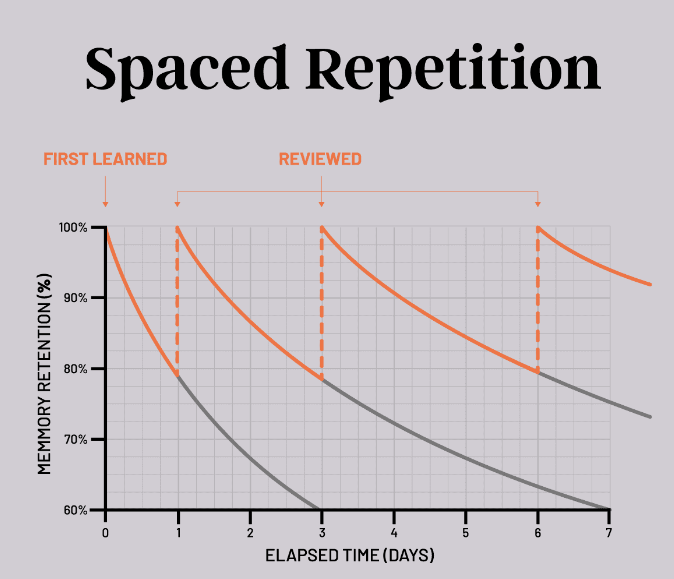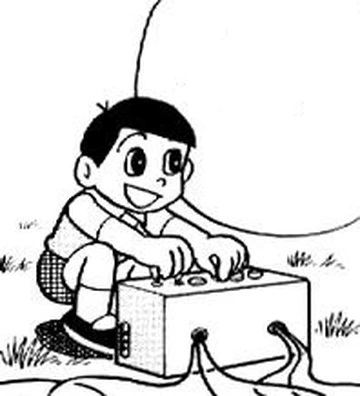Lặp lại ngắt quãng - Spaced Repetition
Tue, 27 Aug 2024

Follow the stories of academics and their research expeditions

Bad habits. We all have them. Whether it's biting your nails, scrolling through social media endlessly, or reaching for unhealthy snacks, these pesky behaviors seem to stick around even when we know they're not good for us. But why are bad habits so easy to form, and more importantly, how can we break free from their grasp?
The Siren Song of Bad Habits
Bad habits are alluring because they offer immediate gratification. Here's the breakdown:
Immediate Reward: Most bad habits provide a quick hit of pleasure or relief. Think about the instant satisfaction of biting your nails when you're nervous or the distraction of checking your phone when you're bored.
Minimal Effort: Bad habits are often easy and require little effort. Scrolling through social media or grabbing a sugary snack takes seconds, while healthier alternatives like cooking a nutritious meal or going for a walk require more time and energy.
Lack of Obvious Negative Consequences: The negative effects of bad habits often take time to manifest. We might not feel the consequences of unhealthy eating or a lack of exercise right away, making it easy to ignore the long-term damage.
Stress and Boredom: We're more likely to fall into bad habits when we're stressed or bored. These emotional states can trigger our cravings for immediate relief, making us more susceptible to unhealthy behaviors.
4 Principles of Behavior Change: Your Path to Breaking Free
Thankfully, it's not all doom and gloom. By understanding how habits work and applying a few simple principles, we can rewrite the script and break free from those pesky bad habits:
Make it Obvious: The first step to changing a habit is to become aware of it. Notice when and where you tend to engage in the behavior. Is it a certain time of day? A specific location? A particular emotion? Once you identify your triggers, you can start to make changes to your environment to make the bad habit less appealing.
Make it Unattractive: Instead of focusing on the immediate reward of a bad habit, highlight the negative consequences. Remind yourself how you feel after overeating, or how much time you waste scrolling through social media. Make the bad habit less appealing by associating it with negative feelings.
Make it Difficult: Increase the friction between you and your bad habit. If you want to stop checking your phone so often, delete distracting apps, turn off notifications, or leave your phone in another room. By making the bad habit harder to do, you're more likely to choose a healthier alternative.
Make it Satisfying: Replace the bad habit with a good habit that provides a similar reward. If you crave sweets, try swapping sugary snacks for fruit. If you're bored, take a walk or read a book instead of scrolling through social media. By finding healthier ways to satisfy your cravings, you can make the new habit more enjoyable and sustainable.
Ihabital: Your Partner in Habit Change
Ihabital can be your secret weapon in the battle against bad habits. Our platform is designed to help you create and track new habits, making it easier to stick to your goals. With Ihabital, you can set reminders, track your progress, and get support from a community of like-minded individuals.
Tue, 27 Aug 2024

Tue, 27 Aug 2024

Mon, 26 Aug 2024

Leave a comment